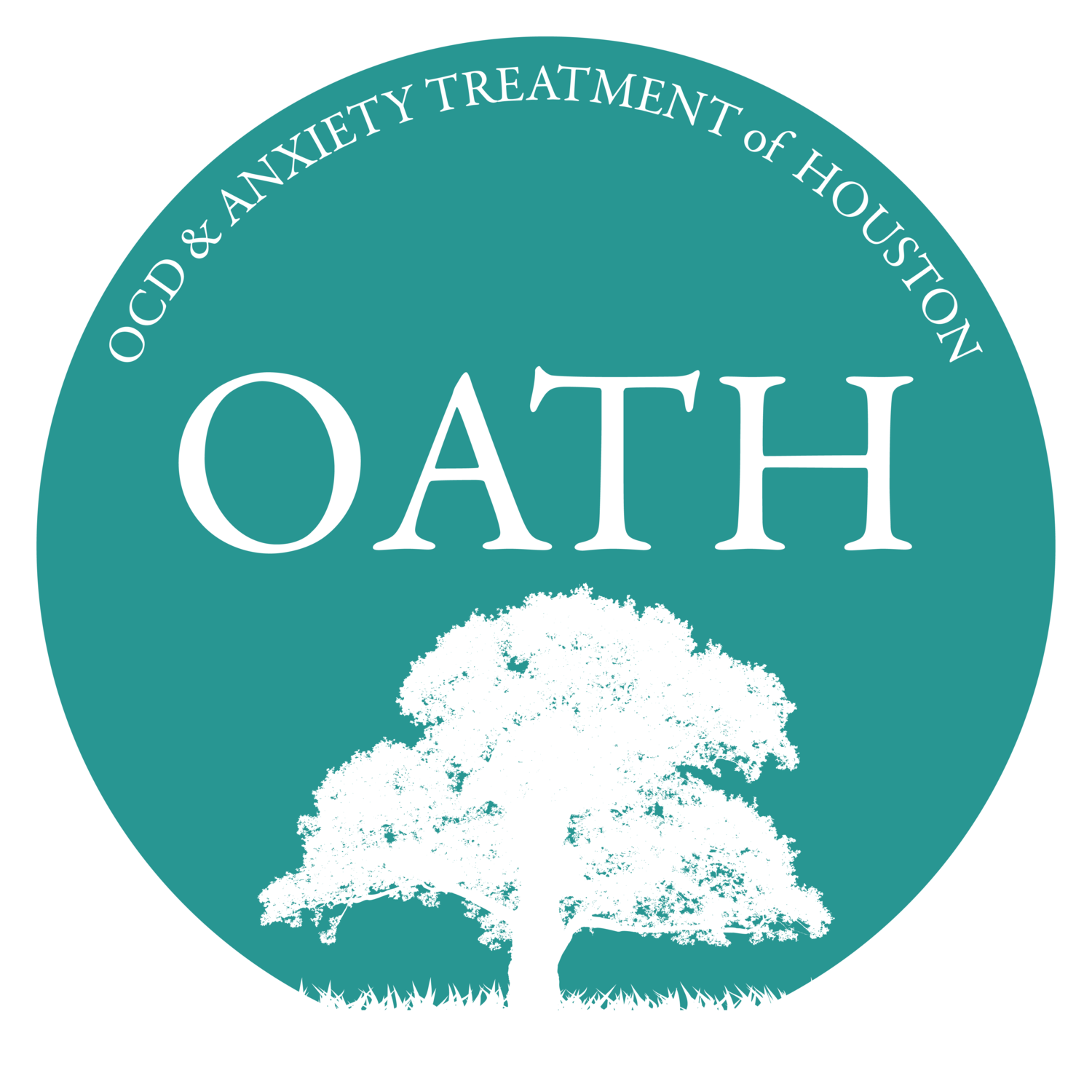DEPRESSION
Depression is a common but serious mental health condition that affects how a person feels, thinks, and behaves. Characterized by persistent sadness, loss of interest in activities, and a range of emotional and physical symptoms, depression can significantly interfere with daily life. It is more than just occasional feelings of sadness; depression involves a prolonged and intense emotional state that can last for weeks, months, or longer if left untreated.
Symptoms may include low mood, fatigue, difficulty concentrating, feelings of worthlessness or guilt, changes in appetite or sleep, and in some cases, thoughts of death or suicide. These symptoms vary widely and can impact academic or work performance, relationships, and physical health.
According to the World Health Organization, over 280 million people worldwide live with depression. In the United States, an estimated 8.3% of adults have experienced a major depressive episode in the past year. Among youth, approximately 17% of adolescents aged 12 to 17 and about 4% of children aged 6 to 11 have experienced depression.
Depression often co-occurs with other mental health conditions. It is especially common in individuals with anxiety disorders and obsessive-compulsive disorder (OCD), which can complicate diagnosis and treatment. The overlap in symptoms and shared underlying factors such as rumination and cognitive distortions make it important to screen for co-occurring conditions.
A combination of biological, psychological, and environmental factors contribute to the development of depression. Neurochemical imbalances, genetics, life stressors, and trauma are all potential influences.
Although depression can be overwhelming, it is a treatable condition. Early intervention, accurate diagnosis, and compassionate support can significantly improve outcomes. Raising awareness and reducing stigma are critical steps in helping individuals feel safe to seek the care they need. Recognizing that recovery is possible is the first step toward healing.
